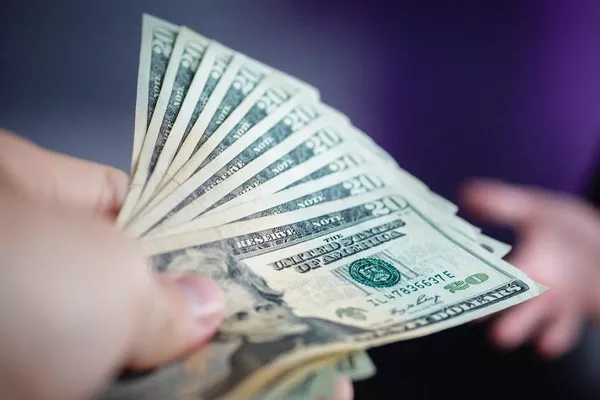The black market, often referred to as the parallel or unofficial market, plays a significant role in the global economy, providing an alternative platform for the exchange of currencies, including the US dollar. This clandestine market operates outside the realm of official financial institutions and regulatory bodies. While it remains a controversial and often illegal practice, it has a considerable impact on the global economic landscape. In this article, we will delve into the world of black market exchange rates, particularly focusing on the rate of the US dollar in this shadowy market.
Understanding the Black Market
The black market is a complex and intricate part of the global economy. It thrives on the principles of supply and demand, often driven by factors such as economic instability, currency restrictions, and political turmoil. The unofficial market operates without the oversight of financial regulators, which can lead to extreme fluctuations and significant disparities in exchange rates compared to official channels.
Factors Influencing the Black Market Exchange Rate
Various factors contribute to the rate of the US dollar in the black market:
Economic Instability: Countries experiencing economic turmoil often witness a surge in demand for foreign currencies, particularly the US dollar. Citizens and businesses in these nations turn to the black market for access to hard currency.
Currency Controls: In some countries, strict currency controls and regulations limit the availability of foreign exchange through official channels. This leads to a thriving black market as individuals and businesses seek alternatives.
Political Factors: Political instability and uncertainty can significantly impact the black market exchange rate. In times of crisis, the demand for the US dollar may skyrocket, causing a steep rise in its price in the unofficial market.
Hyperinflation: In economies experiencing hyperinflation, the value of the local currency plummets rapidly. Citizens often turn to the US dollar as a more stable store of value, which drives up its black market rate.
Lack of Transparency: The lack of transparency in the black market allows brokers to set exchange rates that can vary significantly from official rates. This flexibility can be advantageous for traders but also leads to uncertainty.
The US Dollar in the Black Market
The US dollar has a unique position in the black market. It is widely accepted and sought after for various reasons, such as its status as the world’s primary reserve currency and its reputation for stability. In many countries, the dollar is seen as a safe haven during times of economic and political unrest, which further drives its demand in the unofficial market.
Example 1: In a nation with stringent currency controls, where the official exchange rate is fixed by the government and is far from reflecting the actual economic conditions, the black market rate for the US dollar can be substantially higher. This discrepancy is a result of the limited availability of dollars through official channels and the strong demand for it in the black market.
Example 2: In a country suffering from hyperinflation, the black market exchange rate for the US dollar can be astronomical. Citizens turn to the dollar as a means to protect their savings from the devaluation of the local currency.
Impact on the Economy
The existence and activity of the black market have far-reaching consequences for economies. While the black market provides an avenue for individuals and businesses to access foreign currency when official channels fail, it also has detrimental effects, including:
Economic Distortion: Discrepancies between official and black market exchange rates can lead to distortions in pricing, making it challenging for businesses to plan and invest effectively.
Undermining Fiscal Policies: Governments often lose control over monetary and fiscal policies when the black market flourishes. Inflation, budget deficits, and capital flight can result from an unregulated unofficial market.
Eroding Trust: The existence of a thriving black market erodes trust in the official financial system, further undermining economic stability.
Conclusion
The rate of the US dollar in the black market is a reflection of the intricate interplay between economic, political, and social factors. While it serves as an essential lifeline for many individuals and businesses in countries with restrictive financial systems, the shadowy nature of the black market poses significant challenges to governments and their efforts to maintain economic stability.
Efforts to curb black market activity often include relaxing currency controls, stabilizing inflation, and addressing political and economic instability. These actions are aimed at reducing the incentive for individuals and businesses to seek out unofficial curren
cy exchange platforms. However, the black market remains resilient, adapting to changing circumstances and continuing to play a pivotal role in the global economy.
In an ideal world, the black market would not exist, and exchange rates would be determined transparently and fairly through official channels. Until that becomes a reality, understanding the dynamics of the black market, especially concerning the US dollar, is crucial for economists, policymakers, and anyone interested in the intricate workings of the global financial system.


